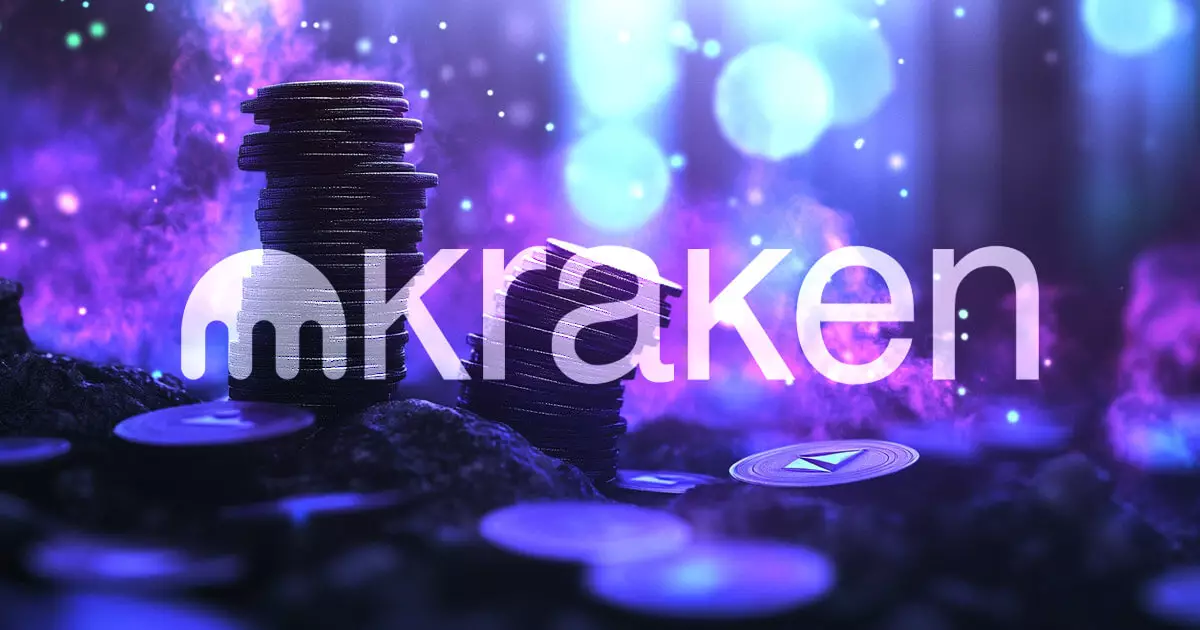After a prolonged period of regulatory scrutiny, Kraken has announced the launch of a new onchain staking product tailored for its U.S. clientele. This initiative marks a notable comeback to the staking arena in 37 states and two territories, effectively reinstating services for a significant portion of its American users. With this new offering, users can stake a variety of digital assets—including popular cryptocurrencies like Ethereum (ETH), Solana (SOL), Polkadot (DOT), and Cardano (ADA). This development, announced on January 30, signals Kraken’s ongoing commitment to engaging its U.S. customer base by bringing them in line with its global offerings.
Kraken’s renewed foray into staking comes in the wake of a settlement with the Securities and Exchange Commission (SEC), which accused the platform of operating an unregistered staking service. This high-profile encounter resulted in a $30 million penalty and the temporary suspension of staking services for U.S. customers. The company’s strategic pivot to a new model aims to address regulatory concerns while ushering back its staking capabilities. Specifically, the assets staked through Kraken Pro will now be delegated to validators responsible for processing transactions and maintaining blockchain integrity—a move that the company claims enhances compliance with existing regulations.
Meeting Demand in the Crypto Space
According to Mark Greenberg, Kraken’s global head of consumer, the launch of the new staking product is a promising development not only for Kraken but also for the broader ecosystem of U.S. cryptocurrency users. By allowing users to participate in staking, Kraken aims to elevate the understanding and adoption of crypto assets in the United States. The enthusiasm surrounding this product shines a light on the growing demand for staking solutions among retail investors eager to engage with digital assets.
Understanding Staking Risks
While Kraken appears poised for success with its staking offerings, it also emphasizes the inherent risks involved in staking cryptocurrency. Users must be aware of potential losses attributed to slashing penalties and the dynamics involved with bonding periods and asset depreciation. As the industry evolves, these risks highlight the necessity for increased consumer education in the cryptocurrency space, particularly as staking becomes a more integrated feature.
Kraken’s re-entry into the staking arena reflects a larger trend among cryptocurrency platforms to navigate compliance challenges while retaining key service offerings. As proof-of-stake (PoS) has emerged as a prominent consensus mechanism in the crypto world, the regulatory landscape continues to evolve, pushing companies to refine their operational frameworks. The renewed ability of Kraken to offer staking services in many U.S. states exemplifies a shift in approach, one that prioritizes adherence to regulatory stipulations while seeking ways to enhance user participation.
Kraken’s innovative comeback in the U.S. staking domain not only strengthens its market position but also serves as a critical case study for the cryptocurrency industry’s ability to adapt in the face of regulatory challenges. As it embarks on this journey, Kraken sets a precedent that could resonate throughout the crypto space, advocating for improved regulatory clarity and access for users in the United States.

